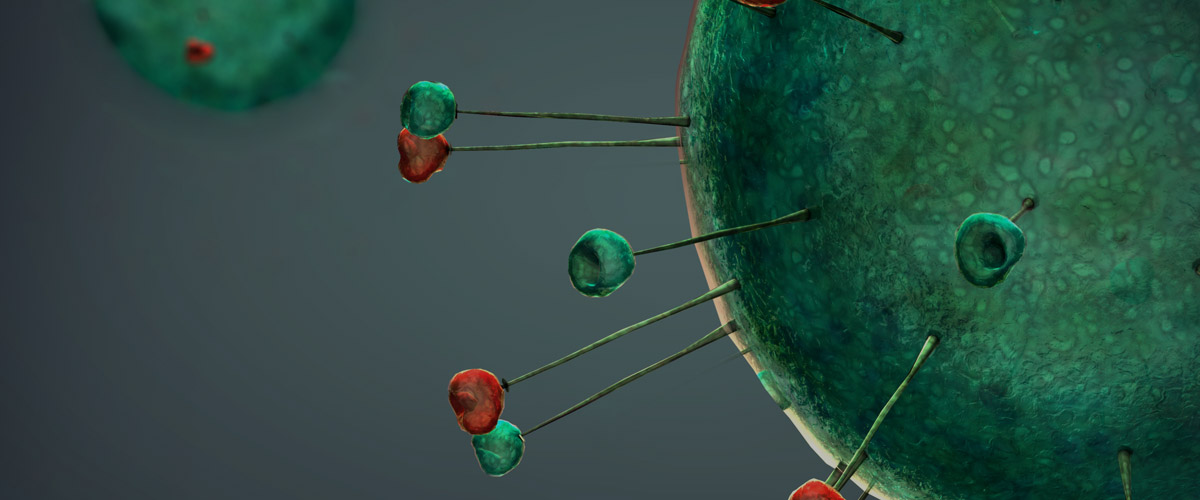STIs
Sexually transmitted infections (STIs) are infectious diseases that spread from one person to another through any type of sexual contact. These may be called STDs (sexually transmitted diseases) or VD (venereal disease), though these terms are less frequently used.
Prevention is key; talking openly about STIs and safe sex with every partner is important in protecting yourself and them. Having accurate information helps you make informed decisions about the level of risk you are comfortable with, and what you will do about that risk.
Early detection can also help reduce or avoid health complications and can help minimize the spread of STIs to others. Most STIs can be cured altogether, others can be managed with medication.
Since many STIs don’t show any obvious signs or symptoms, at least at first, it’s important to take precautions to protect yourself and your partner and to get tested regularly.
Some behaviours may increase your risk of STIs. If you are participating in activities where your ability to make informed decisions can be impaired, such as using substances like alcohol, cannabis, and opioids, speak with a trusted healthcare provider about ways to mitigate your risk of harm from STIs.
In this section, you will find detailed descriptions of the signs and symptoms of common STIs, and considerations for prevention, testing, and treatment options for each one.
Tips for practicing safer sex:
- Carry condoms and dental dams with you, check the expiry date regularly
- Make sure you are up to date on your vaccines against Hepatitis and HPV
- Get tested for STIs routinely
- Take PrEP (pre-exposure prophylaxis) if your partner is HIV positive

